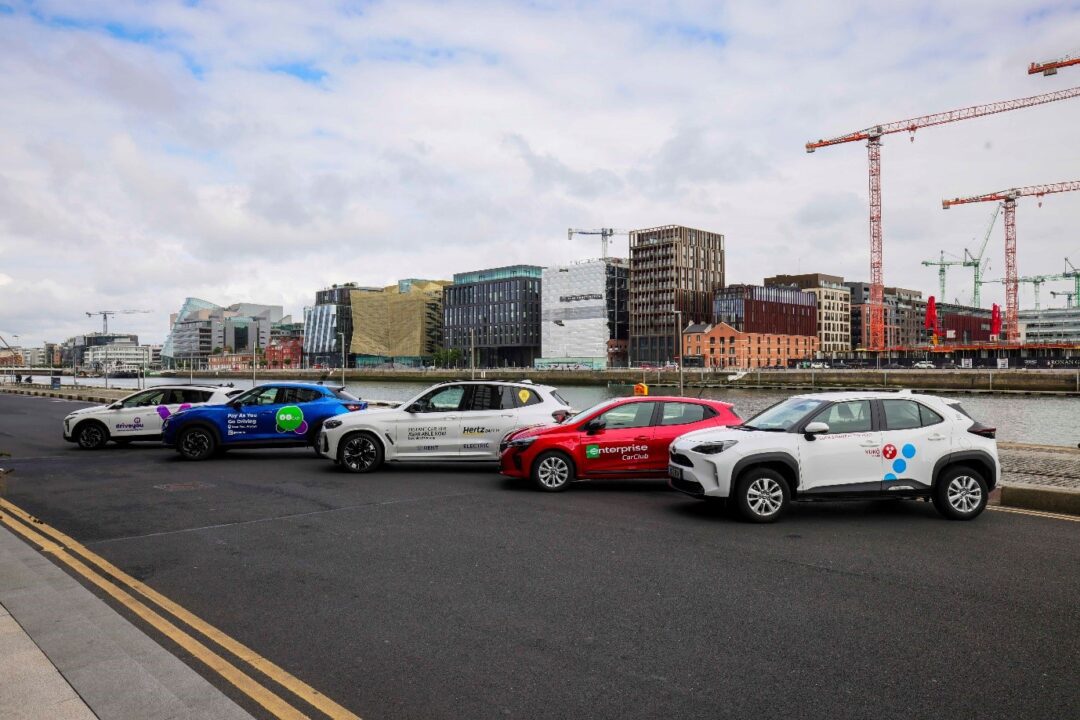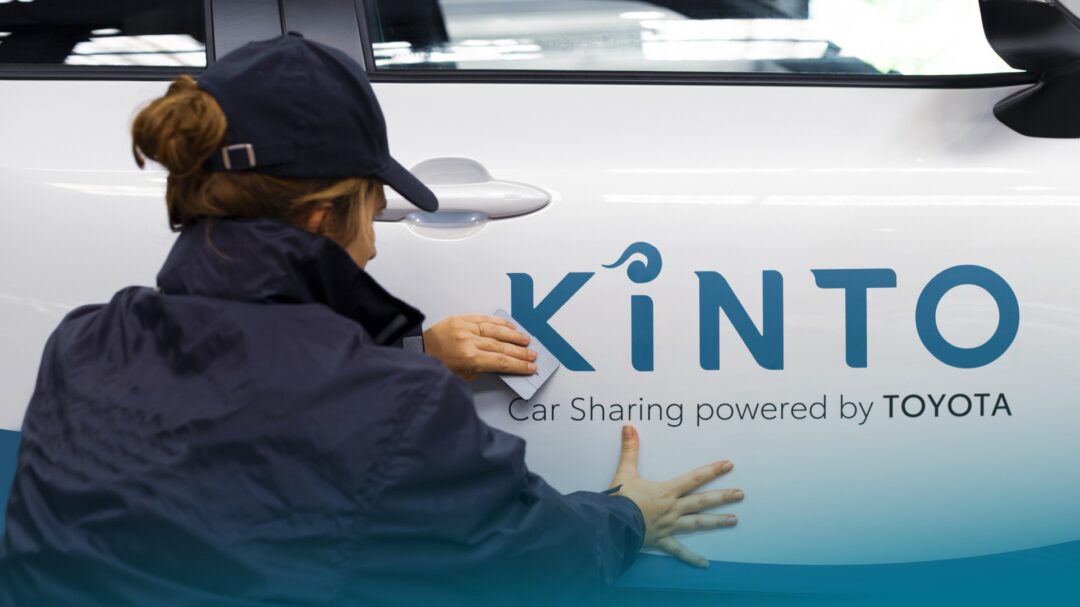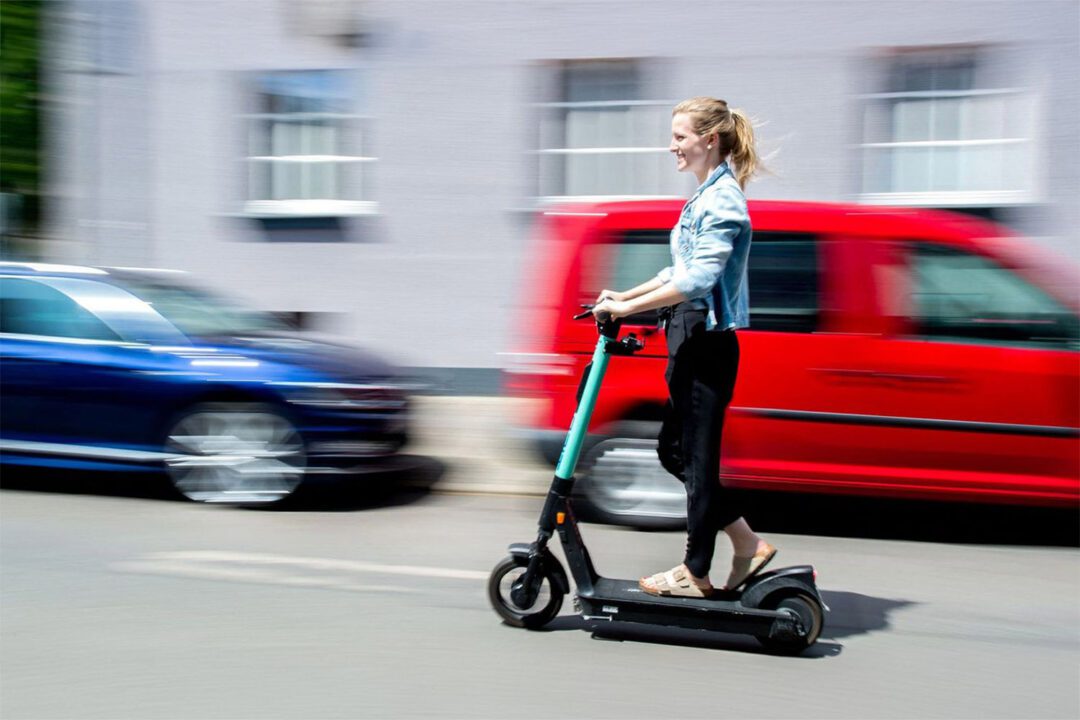In the past 15 years or so, there has been a global revolution in how society plans for the mobility needs of an ever-growing population. Policy makers and mobility stakeholders recognised that without a serious rethink, many parts of the world would have to contend with escalating congestion and potential gridlock.
The problem was simple: too many people needing to move; and a finite range of options and space in which to accommodate them. The concept of ‘smart mobility’ was born – a new multi-faceted approach to tackling the mass mobility conundrum that mixed traditional approaches with new ideas such as car-pooling, ride-hailing services (Uber, Lyft, FreeNow) and pay-as-you-go options (e.g. GoCar, Dublin Bikes, Tier).

This search for a new way of organising mass transit coincided with the development of dependable and secure mobile technologies that regulate the smart mobility services and products. In addition, improvements in satellite navigation and geo-location technology for hand-held devices freed these services from the need for a fixed base, ensuring a wider distribution of options for users.
Relevant Insights
Intermodal transportation
‘Intermodal’ was a key element of the new approach and, for commercial entities, the way of participating in the new mobility matrix was through the new concept of Mobility as a Service or MaaS.
MaaS integrates various forms of transport and services into a single, on-demand mobility function. There are many players that come under the umbrella of MaaS and car companies are a key element. They have the experience and know-how to provide products and just as importantly, the software and back-up systems to run the myriad of services integral to MaaS.
A key challenge was enticing Millennials back into cars. Unlike their parents who learnt to drive young and then bought a vehicle, younger people want a different approach. Following the mobile phone model that Millennials grew up with, their attitude to cars was: why can’t I use a pay-as-you-go model for cars?
The earliest provider of pay-as-you-go motoring in Ireland was GoCar, which was set up in 2013 and has spread to all major urban areas. Car sharing as a part of MaaS has gone global in the intervening years with many different providers such as Turo, ShareNow, GetAround, ZipCar and DriveYou.

However, the companies behind these initiatives were not automakers, so the vehicles they used were all purchased or leased from multiple brands. The car companies themselves were quick to cotton on to this income stream and several brands launched their own versions of short-term rental of their vehicles.
Automakers expanding into car-sharing services
In 2016, Toyota used Dublin as the launch city for its new Yuko car-sharing club: a low cost way of getting behind the wheel of a new model, very often hybrid or even an electric vehicle, with the booking and paying process all controlled from a single app.
Other car brands that have launched vehicle sharing services include:
- VW whose We Share service consists of a fleet of eGolfs operational in a number of German cities
- Renault’s Mobility Car-Sharing app allows customers to access vehicles in cities across France and is expanding to other countries
- The Mercedes-Benz Moovel car-sharing and ride hailing app is available in Germany and the US
Bringing even more innovative thinking to the MaaS movement, Toyota launched an app-based carpooling service under its KINTO smart mobility brand which is aimed at large companies and government bodies all commuting to a central hub. KINTO provides all the back up systems with real time data collection including usage that can show how much CO2 the initiative is saving.

The environmental benefits of these services are a huge boon for the automotive and wider transport industry which have much to do to improve their overall environmental performance.
Last mile mobility
Quite apart from ride hailing or car sharing services, other car manufacturers have focussed on what is called ‘last mile’ mobility solutions, getting drivers from their vehicle to their final destination, particularly in urban areas.
Both Peugeot and Hyundai have offered an integrated electric scooter which is conveniently stored away in the vehicle, with charging connectivity while not in use, until it is needed to help the driver complete the ‘last mile’ of the journey.
Korean vehicle manufacturer Kia offers a service for drivers called Last Mile Navigation that uses an app-based augmented reality solution to complete that all important last mile of the journey.
All these initiatives are examples of MaaS in action and many of them are available here in Ireland. In fact, as a country, we score well for the overall approach to encouraging smart mobility, with multiple solutions on offer:
- Car-sharing services are available across the country with a number of operators
- Huge improvements in cycling infrastructure and the roll out of bike-sharing schemes in our major cities, with Dublin Bikes being the most successful
- Transport for Ireland’s (TFI) ’90-minute fare’ on public transport – integrated travel on Dublin’s DART, Luas and bus services
- TFI’s Local Link rural bus service
- And love them or hate them, e-scooter sharing services have just launched in Ireland with the first such service run by Bolt in Wexford town thanks to the recent approval of long-awaited legislation governing their use on Ireland’s roads
For once, the clichéd ‘journey’ metaphor is apt when speaking of MaaS – it is all about how we can complete that journey using the smartest ways possible.

If you’d like to discuss how Cullen Communications can help your mobility brand to raise awareness or engage with key stakeholders, contact us today for a free consultation.
One of Ireland’s leading independent PR agencies, Cullen Communications works or has worked with some of the world’s biggest automotive brands including Ford, Continental Tyres, Enterprise Rent-A-Car, Easytrip, Spin electric scooters, FedEx and more.

About the author
Pearse O’Loughlin, Client Director with Cullen Communications, has more than 20 years of experience across all areas of communication and works principally with clients in the corporate and consumer sectors. One of the most experienced automotive PR professionals in Ireland, Pearse specialises in media relations, event management, internal communications and strategic consultancy.





